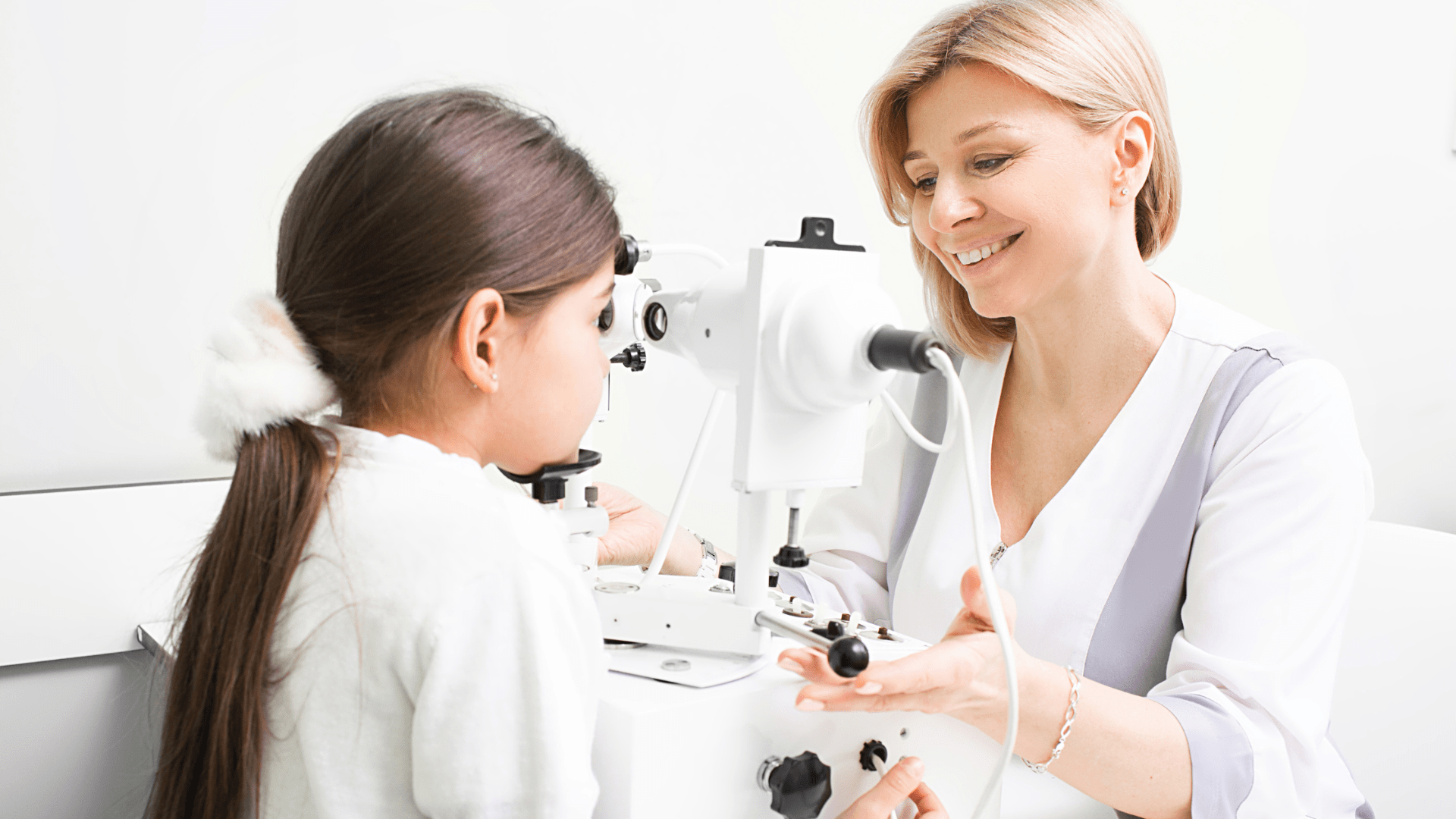 Orthoptists play a crucial role in the eye care industry, specialising in diagnosing and managing eye disorders that affect eye movements and visual development. Their expertise is particularly focused on binocular vision and eye movement issues, such as strabismus (misalignment of eyes), amblyopia (“lazy eye”), and diplopia (double vision). Orthoptists work in a variety of settings including hospitals, private practices, and research institutions, collaborating closely with ophthalmologists and other healthcare professionals to provide comprehensive eye care. Their responsibilities extend to conducting detailed assessments of eye function, which include tests for vision acuity, binocular vision, and field of vision. Orthoptists also play an essential role in pre- and post-operative care for patients undergoing eye surgery. Moreover, they are involved in community health initiatives, providing screening and education programs to promote eye health awareness and prevent vision-related issues.
Orthoptists play a crucial role in the eye care industry, specialising in diagnosing and managing eye disorders that affect eye movements and visual development. Their expertise is particularly focused on binocular vision and eye movement issues, such as strabismus (misalignment of eyes), amblyopia (“lazy eye”), and diplopia (double vision). Orthoptists work in a variety of settings including hospitals, private practices, and research institutions, collaborating closely with ophthalmologists and other healthcare professionals to provide comprehensive eye care. Their responsibilities extend to conducting detailed assessments of eye function, which include tests for vision acuity, binocular vision, and field of vision. Orthoptists also play an essential role in pre- and post-operative care for patients undergoing eye surgery. Moreover, they are involved in community health initiatives, providing screening and education programs to promote eye health awareness and prevent vision-related issues.
What is the difference between an orthoptist and an optometrist?
Orthoptists and optometrists are both eye care professionals, but they have different roles and training. Optometrists primarily focus on vision testing and prescribing glasses and contact lenses. Orthoptists, on the other hand, specialise in assessing and treating eye movement disorders and binocular vision problems, such as strabismus and amblyopia. They use a range of techniques, such as vision therapy and eye exercises, to improve eye coordination and function. Orthoptists often work alongside ophthalmologists to provide comprehensive eye care to patients, particularly those with complex eye conditions.
Orthoptics Course Guide – 2025
Download the guide here.
Where can I study orthoptics?
| La Trobe University: Melbourne. | University of Technology Sydney: City Campus. |